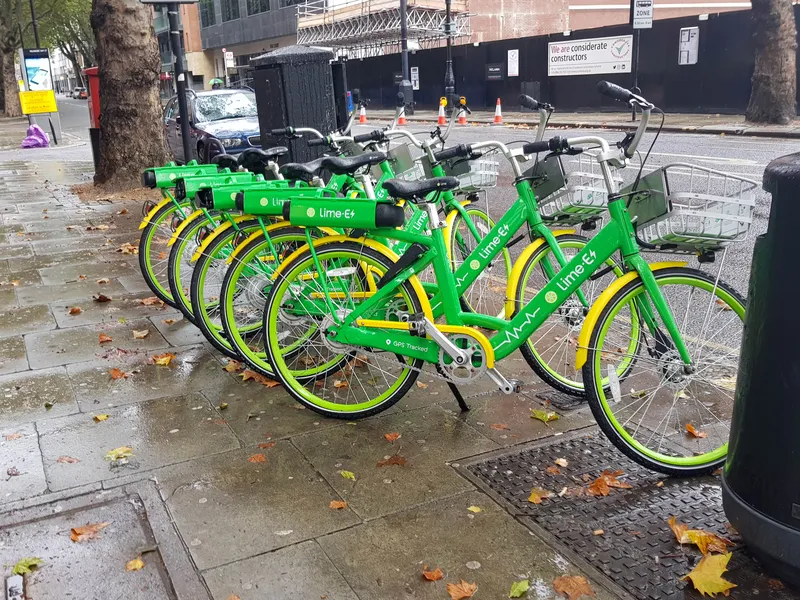Greater Manchester Combined Authority with Transport for Greater Manchester have awarded to Siemens one of the most significant service contracts of its kind for the long-term maintenance of traffic signalling equipment across all ten districts of Greater Manchester. Under Transport for Greater Manchester’s guidance, the service contract is designed to secure substantial energy savings and reduce carbon emissions.
April 19, 2012
Read time: 2 mins
Greater Manchester Combined Authority with 817 Transport for Greater Manchester have awarded to 189 Siemens one of the most significant service contracts of its kind for the long-term maintenance of traffic signalling equipment across all ten districts of Greater Manchester. Under Transport for Greater Manchester’s guidance, the service contract is designed to secure substantial energy savings and reduce carbon emissions.
The technology used by Siemens will reduce associated energy bills by 60 per cent over the life of the contract which will deliver up to 97 per cent availability of more than 2,000 traffic and pedestrian signals. This includes a range of additional equipment including variable message signs, road safety cameras and access control systems.
The contract will run for a minimum period of 15 years, with a possible five year extension. Siemens says it takes its share of the UK traffic signal maintenance market to more than 50 per cent.
According to Gordon Wakeford, the company’s managing director, the contract goes beyond a standard ‘response and fix’ arrangement ensuring minimum downtime of the customer’s traffic equipment assets and takes an innovative approach to using maintenance and energy savings to fund an on-going equipment replacement programme. In total, the programme allows for up to 60,000 signal aspects to be upgraded or retrofitted with LED signal heads and the replacement of over 500 signal controllers.
David Leather, CEO, Transport for Greater Manchester, said: “This contract presented a major opportunity to secure a deal that would deliver not only financial savings but gains in lower energy and carbon emissions over a long period. It is also one of the first examples of our ability to oversee important highways issues at a strategic, regional level in our new role as Transport for Greater Manchester – so it was very important to get the right package together.
“What we have achieved is something that will effectively cut our energy bills by almost two thirds and which will also result in some of the latest technology being installed on our network that will offer real benefits in maintenance and reliability.”
The technology used by Siemens will reduce associated energy bills by 60 per cent over the life of the contract which will deliver up to 97 per cent availability of more than 2,000 traffic and pedestrian signals. This includes a range of additional equipment including variable message signs, road safety cameras and access control systems.
The contract will run for a minimum period of 15 years, with a possible five year extension. Siemens says it takes its share of the UK traffic signal maintenance market to more than 50 per cent.
According to Gordon Wakeford, the company’s managing director, the contract goes beyond a standard ‘response and fix’ arrangement ensuring minimum downtime of the customer’s traffic equipment assets and takes an innovative approach to using maintenance and energy savings to fund an on-going equipment replacement programme. In total, the programme allows for up to 60,000 signal aspects to be upgraded or retrofitted with LED signal heads and the replacement of over 500 signal controllers.
David Leather, CEO, Transport for Greater Manchester, said: “This contract presented a major opportunity to secure a deal that would deliver not only financial savings but gains in lower energy and carbon emissions over a long period. It is also one of the first examples of our ability to oversee important highways issues at a strategic, regional level in our new role as Transport for Greater Manchester – so it was very important to get the right package together.
“What we have achieved is something that will effectively cut our energy bills by almost two thirds and which will also result in some of the latest technology being installed on our network that will offer real benefits in maintenance and reliability.”









